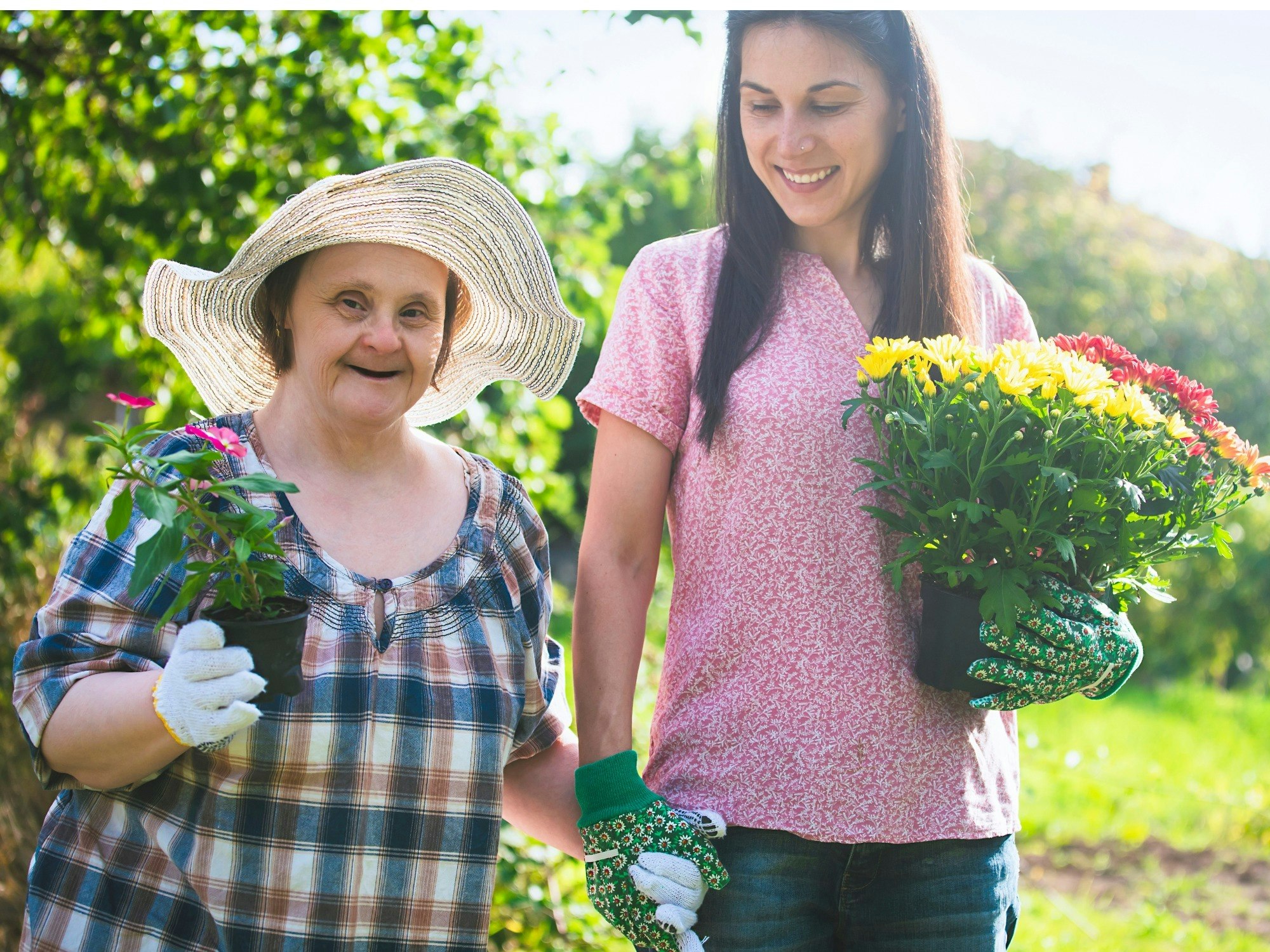New banning powers to strengthen protection of NDIS participants

The Federal Government is expanding the powers of the National Disability Insurance Scheme (NDIS) Quality Safeguards Commissioner to give them the power to ban unsuitable providers and workers.
In the announcement, Minister for the National Disability Insurance Scheme Stuart Robert said that the NDIS Amendment (Strengthening Banning Orders) Bill 2020, which will be introduced in Parliament at the next sitting, will reinforce protections in the NDIS legislation for participants.
Minister Robert says that these new powers will help prevent those who pose a risk of harm to people with disability from entering the workforce.
“The NDIS Commissioner will be able to apply banning orders to people even if they are not currently working in the NDIS.
“This means workers who have left the NDIS, including where they have been fired due to unsuitable behaviour, can be banned from re-entering the field.
“The amendments also mean the NDIS Commissioner can use information from sources outside the NDIS, such as a person’s conduct in aged care or child care work, to ban an unsuitable person from entering the NDIS in the first place.”
El Gibbs, Director, Media and Communications at People with Disability Australia (PWDA) says that it is pleasing to see steps being taken to protect people with disability.
“We’re pleased to see the first step towards improving the safeguards for people with disability that use the NDIS. The recent death of Ann-Marie Smith, and other abuse of people with disability, have exposed the many gaps that exist in the current system.”
Although the new banning powers will hold providers and individuals accountable the devil will be in the detail says Geoff Rowe, Chief Executive Officer of Aged and Disability Advocacy Australia (ADA Australia).
“I think any measures that safeguard people with a disability are generally seen as a positive and welcome outcome.
“I think giving the Commission a way to ban a provider or to ban an individual is not a bad thing and the question comes back to what is the metric that will be used [to ban].
“One of my concerns, if you look at the criminal history screening. ADA Australia provides aged care and advocacy services, and we do see people who are sacked from one sector, and then they turn up in the other because they have been sacked.
“The devil is in the detail, how they determine who should be banned, what consultation will they have with people with disability and the sector about where the threshold should be.“
Banning orders will be at the extreme end of the NDIS Commissioner’s regulatory powers and are only used in the most serious of cases.
The NDIS Quality and Safeguards Commission will make the details of providers and workers who have been banned publicly available in the NDIS Provider Register.
People with disability, their supporters and providers can then use the Register to check that the people they are engaging to deliver NDIS services have not had a banning order against them.
The introduction of the banning powers is just the first step to ensuring people with disability are protected, says Ms Gibbs.
“The next step needs to be ensuring that the NDIS Quality and Safeguards Commission has the powers and resources to proactively investigate and conduct random spot-checks on disability support providers.
“The Disability Royal Commission also needs to have a holistic inquiry into all safeguarding systems, both for the NDIS, and for non-NDIS services.”
In the future, Mr Rowe says, there is merit in looking at broadening the scope of the NDIS Commission to ensure all people with disability are protected, not just those covered by the NDIS.
“If we, and this Government, are really serious about ensuring people with a disability are safe, then they need to be safe not only if they are supported by the NDIS but if they are being supported [in other ways].”
What do you think of the new banning powers? Tell us in the comment section below or send an email to [email protected].